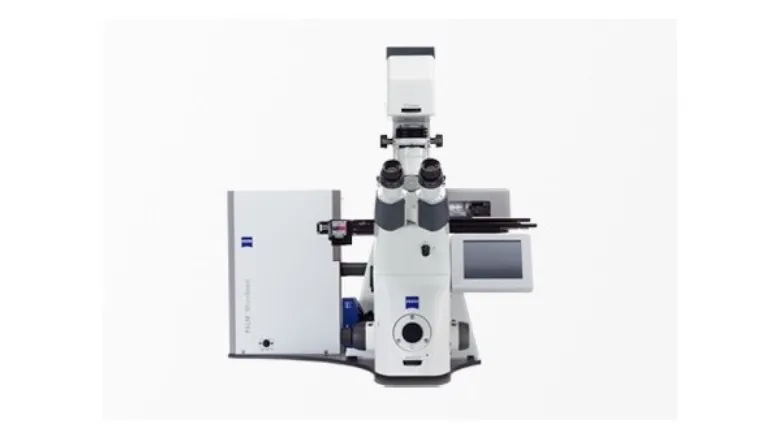We aim to profile and phenotype transplanted cells once engrafted in the damaged heart and skeletal muscle, we will extract cell clusters using LMD and measure their molecular signature. This data will provide mechanistic underpinnings of cell therapy in the repair and regeneration of damaged muscle, and could lead to the development of biomarkers for early detection, disease progression and effectivity of treatment.
Dr Ellison-Hughes
29 October 2018
School researchers receive Wellcome Trust Multi-user Equipment Grant
Members from the School of Basic & Medical Biosciences have received funding from the Wellcome Trust for a Laser Microdissection (LMD) Microscope System.

Dr Georgina Ellison-Hughes from the Centre for Human & Applied Physiological Sciences and Professor Mathias Gautel from the Randall Centre for Cell & Molecular Biophysics led the application for the project titled ‘Cellular and sub-cellular sampling using laser capture microdissection to understand disease mechanisms.’
The LMD system allows high precision sample preparation directly from a tissue section or live cells in culture for downstream experiments in the fields of genomics, transcriptomics, microarrays, next-generation sequencing, biochips, and proteomics. After selection, the specimen is separated from the tissue or cell culture by the laser and subsequently transported into the collection device with a targeted laser pulse.
The grant will provide support of the equipment for 60 months which will be based at Guy’s campus and used by stakeholders across multiple faculties at King's, supporting both junior groups and established investigators.
We hope this new system will give us direct access to specific cell populations and even sub-cellular proteomes that we can then characterise at unprecedented spatial resolution. For example, we will look at protein aggregate sin specific myopathy models at various stages to understand the development of pathological changes, which would be impossible in ensemble measurements of large samples.
Professor Gautel
